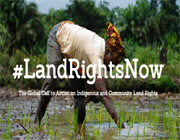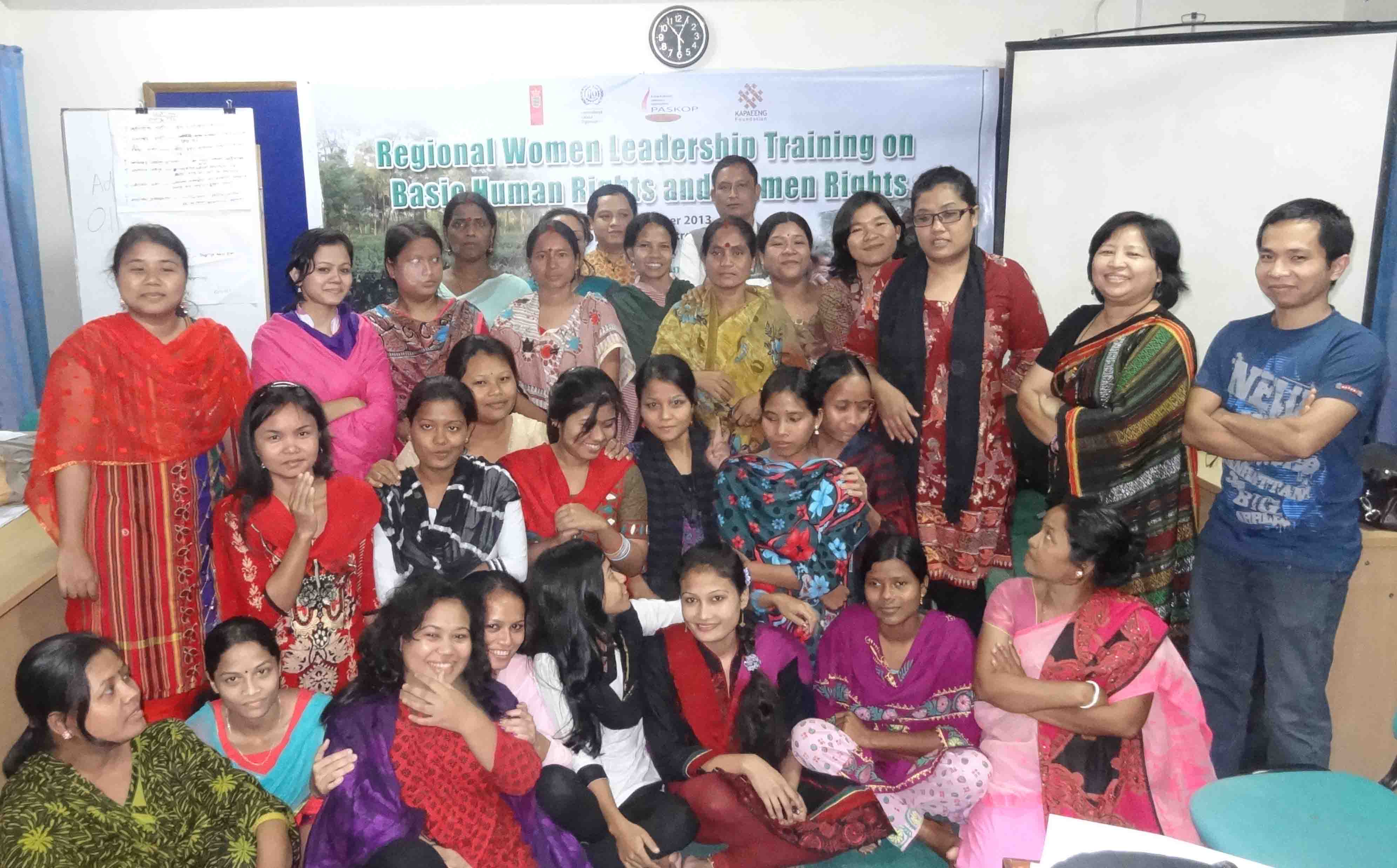
On 20-21 November 2013 Kapaeeng Foundation (KF), Patro Samprodai Kallayan Parishad (PASKOP) and Bangladesh Indigenous Women’s Network (BIWN) with the support of the International Labour Organization (ILO) organized a two day long “Regional Women Leadership Training on Basic Human Rights and Women Rights program” at FIVDB Training Centre in Sylhet.
The training was organized to build and enhance the leadership qualities of indigenous women human rights defenders in Sylhet region particularly focusing on basic human rights and women rights. A total of 35 indigenous women with diverse working background, belonging to Garo, Khasi, Mahali, Monipuri, Oraon, Hajong and Patro indigenous groups attended this training program.
This two day long training program comprised of a total of 9 sessions. National Project Coordinator of ILO Lina Jesmin Lushai, PASKOP’s executive director Gaurango Patro, Co-convener of BIWN Flora Babli Talang, Bangladesh Indigenous Peoples’ Forum (BIPF) vice-president Juhinul Kongwang, BIPF’s assistant general secretary Binota Moy Dhamai, and KF’s manager Hiran Mitra Chakma addressed the inaugural session. Other (technical) sessions were facilitated by renowned rights activists and experts on international human rights instruments and institutions, and domestic laws and policies with particular focus on human rights of indigenous women.
Different international human rights instruments such as Universal Declaration of Human Rights, International Covenant on Civil and Political Rights, International Covenant on Economic, Social and Cultural Rights, ILO Convention No. 107 and No. 169 on Indigenous and Tribal Peoples, Convention on Elimination of All Forms of Discrimination Against Women and UN Declaration on the Rights of Indigenous Peoples were analyzed in the training among others. In order to prevent and fight violence against indigenous women, domestic remedial measures, including Women and Children Repression Prevention Act 2000 (amendment 2003), were also covered. The training covered the principles and strategies of documentation of human rights situation/incident as well. Furthermore, the training included discussions on social constructions and stereotyping of gender.
The evaluation made by of all the participants after the end of the two day long training program reflects the success of the training. Following are some of the remarks made by the participants:
“I have learned a lot of things by taking part in this training, which has inspired me to go forward, to deal with many problems in my life. The discussions and issues presented in the training were very easy to understand, which touched my mind. I aspire to attend like programs even in future in order to learn and understand more on such issues.”
“I am glad that I have attended this training. I will implement the things I have learned here in my real life. Such trainings should be organized in every indigenous village of the country so that women can be aware (of their rights).”



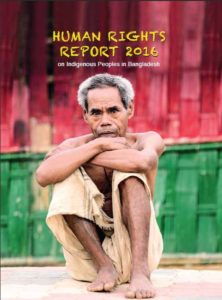
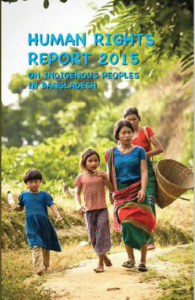
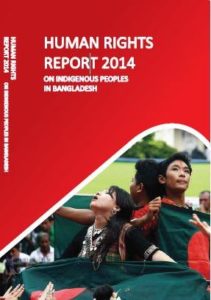
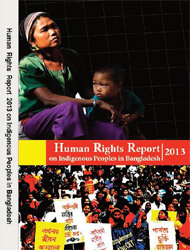
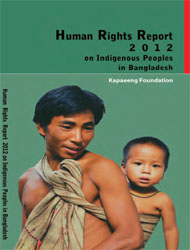
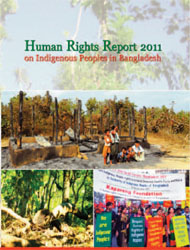
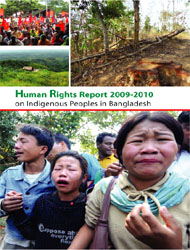

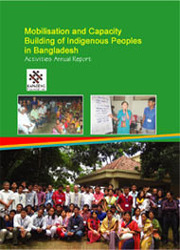



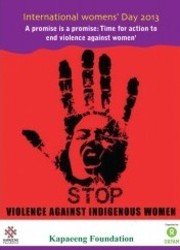
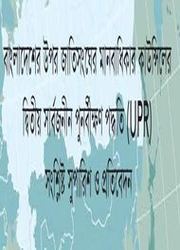
 November 28th, 2013
November 28th, 2013  KapaeengUser
KapaeengUser 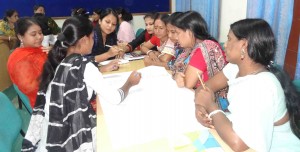
 Posted in
Posted in 